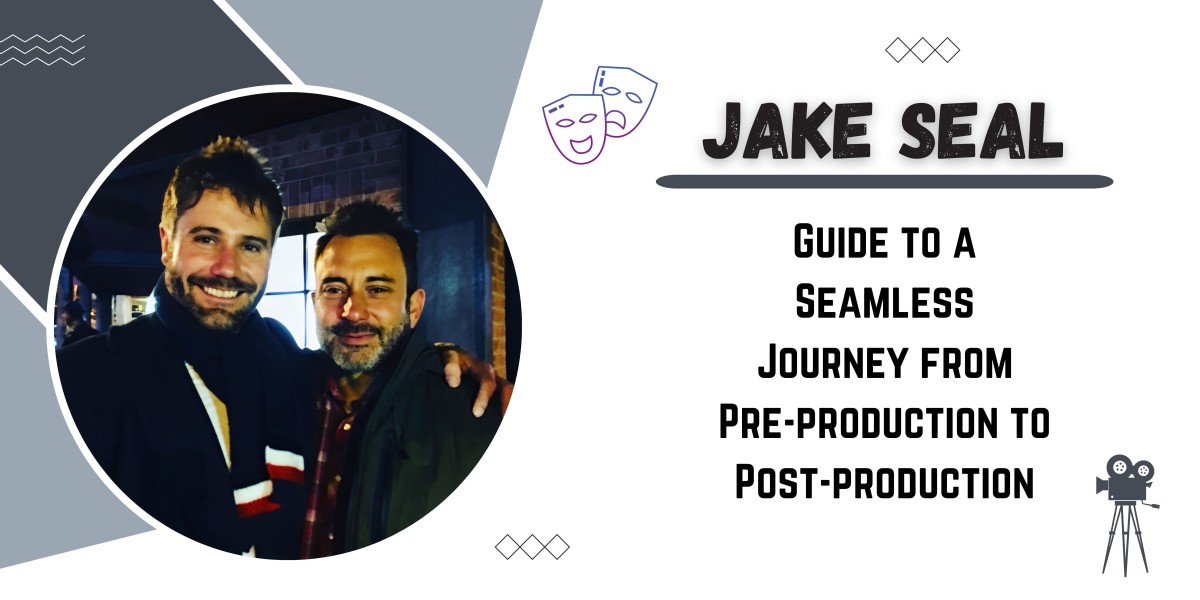Film production is a multifaceted process that requires expertise, creativity, and careful planning. From the initial stages of pre-production to the final stages of post-production and distribution, each step contributes to the creation of a cinematic masterpiece. In this article, we have the privilege of hearing from Jake Seal Orwo, a renowned film producer, as he shares his insights and tips on the different stages of film production, including financing, casting, location scouting, shooting, editing, and distribution.
Pre-production: Building the Foundation
The pre-production stage sets the groundwork for the entire filmmaking process. We delve into the key aspects of financing, script development, casting, and location scouting. Financing plays a crucial role in determining the scope and scale of the project, while casting ensures the right talent brings the characters to life. Location scouting involves finding the perfect settings that enhance storytelling. Attention to detail during pre-production is essential for a smooth production process. Jake Seal highlights the significance of creating a detailed production schedule and budget to ensure a smooth production process.
Production: Bringing the Vision to Life
The production phase is where the vision comes alive on set. We explore the intricacies of shooting, including directing, cinematography, production design, and capturing performances. The director, along with the cinematographer, translates the script into visual storytelling. Production design helps create the right atmosphere and aesthetics, while the cast and crew collaborate to deliver memorable performances.
Post-production: Refining the Masterpiece
Once filming is complete, the post-production phase takes over. This stage involves editing, sound design, visual effects, and music composition. Editors craft the footage into a cohesive narrative, ensuring pacing and storytelling flow smoothly. Sound design and music add depth and emotion to the film, while visual effects enhance the visual experience. Post-production is a meticulous process that fine-tunes every element to create the final product.
Distribution: Sharing the Art with the World
After post-production, the film enters the distribution phase. This stage involves strategizing the release and marketing of film to reach the target audience. Distribution channels include theatrical releases, film festivals, online platforms, and partnerships. Each platform offers unique opportunities to connect the film with audiences, ensuring it reaches its full potential.
Conclusion
Throughout the production process, there are a number of collaborative steps such as pre-production, production, post-production, and distribution. Each stage is crucial in bringing the cinematic vision to life. From securing financing to casting, shooting, editing, and ultimately sharing the art with the world, every step contributes to the success of the film. By understanding and navigating each stage effectively, filmmakers can create compelling stories that captivate audiences and leave a lasting impact.







